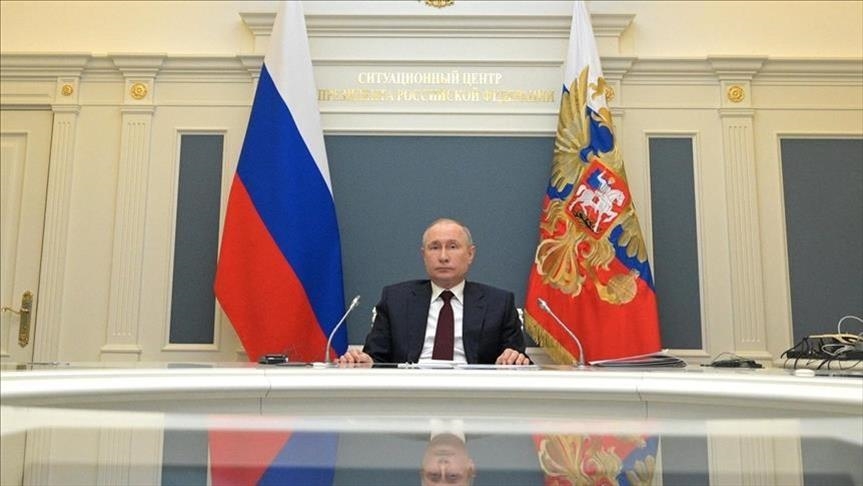Russian President Vladimir Putin signed on Thursday a law obliging international tech giants to open offices in Russia.
From Jan. 1, 2022, internet companies, whose daily audience exceeds 500,000 Russian users, will have to create branches, open representative offices, or establish legal entities in Russia, which will "fully represent the interests of the head companies."
The preliminary list includes 20 platforms: Facebook, Instagram, TikTok, Twitter, YouTube, Twitch, messengers WhatsApp, Telegram, Viber, email service Gmail, search engines Google and Bing, hosting providers Amazon, Digital Ocean, Cloudflare, GoDaddy, online stores AliExpress, Ikea, Iherb, and the free online encyclopedia Wikipedia.
Separately, the Russian president ratified the agreement of the Commonwealth of Independent States (CIS) on cooperation in cybersecurity.
Putin also granted the right to the National Guard of the Russian Federation (Rosgvardia) to make a cordon when they stop attempts to illegally enter "the territories and water areas of protected objects," which includes the Crimean Bridge, the electric energy bridge between Russia and Crimea, and the Kerch Strait.
Besides, he signed laws prohibiting public demonstration of images of Nazi leaders, organizations, and movements recognized as criminal in accordance with the verdict of the Nuremberg trials, and also prohibiting the public identification of the goals and actions of the USSR and Nazi Germany in World War II, as well as denying the decisive role of the Soviets in the victory over fascism.
